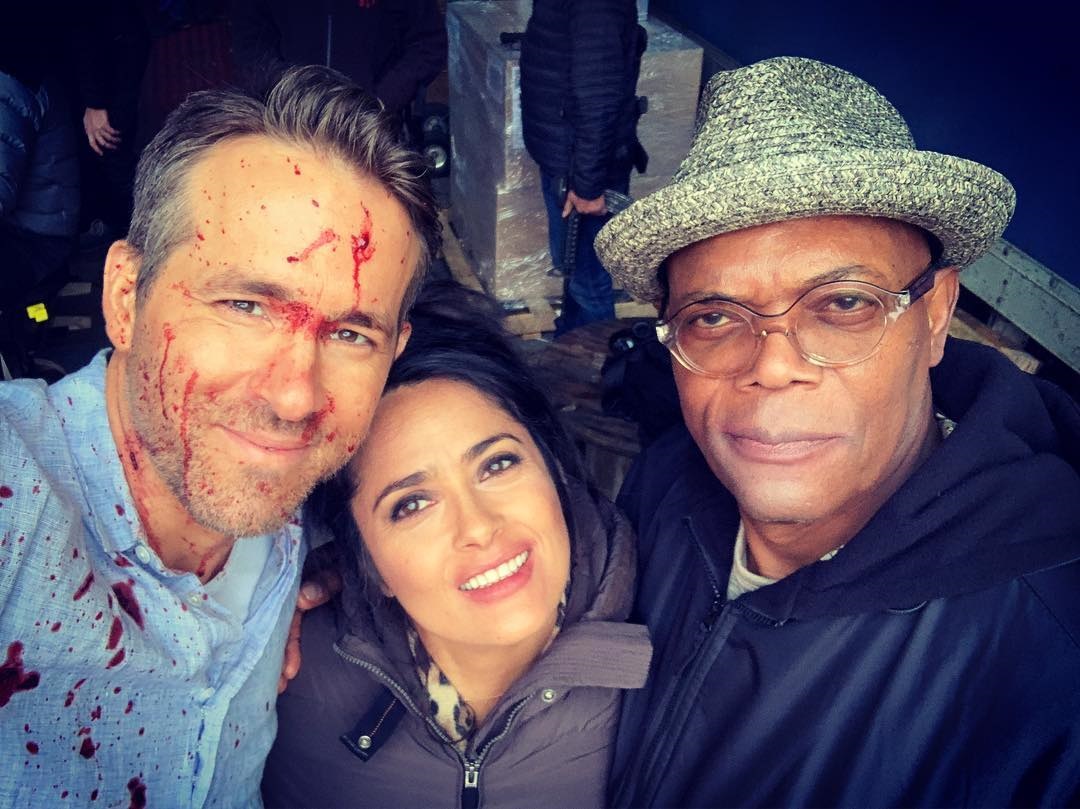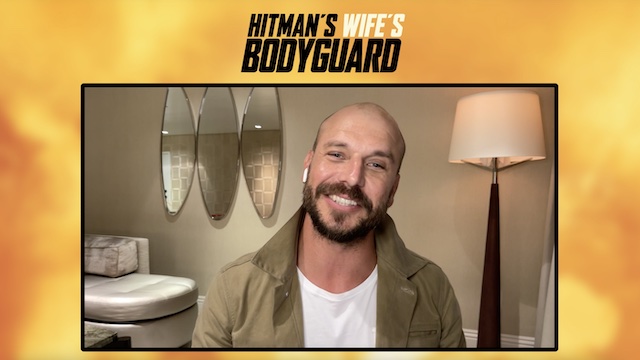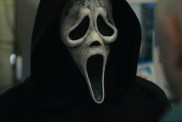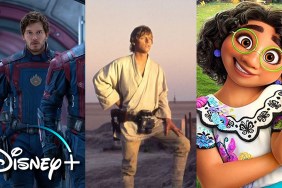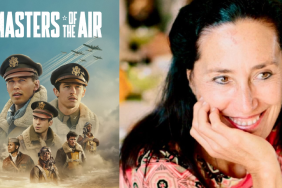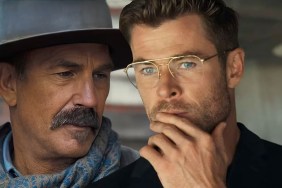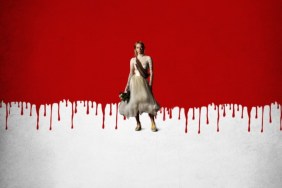Hitman’s Wife’s Bodyguard, the follow-up to 2017’s The Hitman’s Bodyguard, is officially out tomorrow in theaters. Ahead of the release, ComingSoon Editor-in-Chief Tyler Treese spoke with director Patrick Hughes about working with the star-studded cast of Ryan Reynolds, Salma Hayek, and Samuel L. Jackson. Hughes discussed the changes made from the first film, its blend of action and comedy, and much more.
Check out ComingSoon’s video interview with Hitman’s Wife’s Bodyguard director Patrick Hughes or read the full transcript below:
Tyler Treese: There are so many great scenes in this film, either big laughs or wild action sequences that are going to be so much fun to experience in theaters with other people. How excited are you that this film gets to be one of the first films released once people are starting to live life and vaccines are out there?
Patrick Hughes: I’m tremendously grateful and excited that we get to be the first big comedy release for the summer. The frustrating thing was just sitting on this film for so long. We finished it. We literally finished post-production a year and a half ago. Then you’re watching the world just go into this crazy pandemic space, and it’s dour, grim, and gray. The world just needs a laugh. I certainly felt that way. So, it’s exciting, totally exciting to have a big action-comedy coming out … I really think part of that viewing experience is laughing along with your fellow human beings, which we all need is that connection, right?
One thing I really liked about this film that kind of sets it apart from the first is early on, Michael Bryce, he’s not using any weapons, and he puts that handicap on himself. It leads to some really creative and fun action scenes. How fun was it coming up with all those scenes without using guns?
Yeah. Well, like certainly in the action space, that’s one of the tough things. It’s like, how do we find creative ways? We’ve got to get rid of these guns because gun plays cool, but it can get boring very quickly. If there’s too much of it, it’s like anything, right. That you need variety, it’s the spice of life, and you need it, certainly when you’re planning action sequences. So we just felt like if we, he was on sabbatical, then that puts us into a corner. Let’s say he’s given up this notion of balancing guns, and he’s going to stick to it. And then that’s the fun part. I was saying the same thing to Ryan, which is like, that’s my favorite part in the writing process when you get stuck in a corner because that’s when you’re pushed to find a creative solution, a creative way out. So that that really sort of led to some sort of fun dynamic. How would Michael Bryce deal with, and also sort of lends itself to that MacGyvering situation where it’s like, he’s got to take control of the situation, but he doesn’t have access to weapons nor does he want to kill anyone,
In the first film, the flashback scenes are some real highlights. They’re so funny, and I felt like they were even better here. We get a great glimpse into Michael’s past. We have these like total bad-ass characters, and we get to see their deepest, darkest secrets, how fun is coming up with that,
I mean that to me, that’s the juice. I love revealing the childhood wound that Bryce has kept a secret his entire life. It’s going to come out by a flashback, and then it’s also, I think it’s fun. It’s sort of throws the audience around, and it allows us to just have another, Like a little action pop in some of these flashbacks too. But yeah, that’s one thing in the franchise because it wasn’t in the original script that we developed, and it was something quite light where I was shooting number one, and I said to Ryan, I was like, “You know what, I think I’m going to turn this into a flashback.” And then once I turned that into a flashback, cause he was like, “Yeah, that’d be cool.” Then I was like, “Well, what about we turn this, this and this and this into a flashback,” and it created this sort of story structure. Once you’ve sort of set that up, then audiences are open to it just coming in at random moments to help explain things. And I think it also makes it a lot more dynamic viewing experience. So we certainly progressed that further in number two.
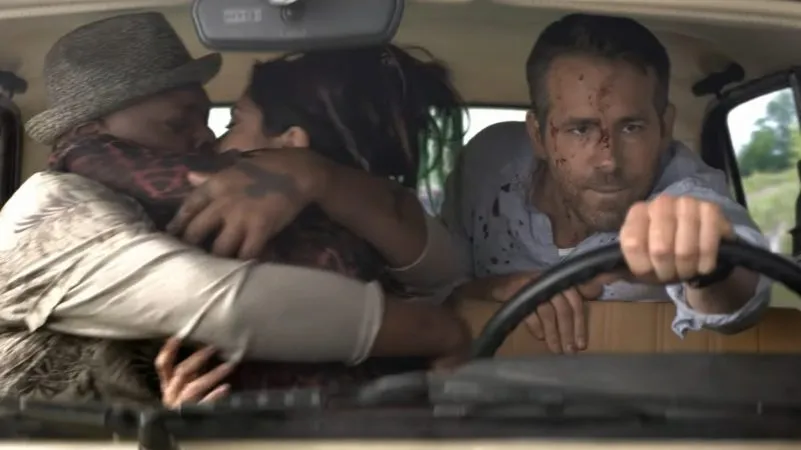
In the original film, Salma Hayek’s character really steals the show. She’s in a very limited role, and she’s used sparingly. So whenever she’s on-screen, it feels very special. In the sequel, she obviously has a larger role. Did you have to approach that character any differently just because she was in it so much more often?
Yeah. Look, I, this is where the idea for the sequel came from because she stole the first film and she was, she was in like three scenes, and she was on screen for two and a half minutes, but I pitched it to Salma, which is like, “I know you’re a big movie star and I know what I’m asking you to do is two and a half minutes of screen time, but I believe that you could steal this role if you make it your own.” And she did because she just really lit it up. She wasn’t afraid to go there because I think we have Darius Kincaid, who’s like, I’ve got a foul mouth. I was like, well, who would he be married to? Of course, he’s going to fall in love with someone who is even more extreme than he is.
Because she was essentially the whole plot, I felt like the first film, their connection, Darius and Sonia’s connection with one another, that was the foundation that was the heart and soul of the movie. It was about a guy just trying to get his wife, trying to get back to him. I’m trying to get home to my wife. I’m trying to get my wife out of prison. That’s all I’m trying to do. If I do this and go on this journey and stop this, then I can get my wife back. So in the second one, it was like, “Well, let’s, let’s bring her crazy energy to the fray.” It’s like if Ryan Reynolds had to suffer through surviving a road trip with Darius Kincaid. Well, this time around Michael Bryce is going to suffer a road trip to save Europe with Darius Kincaid and Sonia Kincaid. So we had the disapproving father figure. We’ve got the crazy mother, and we’ve got Ryan playing the man-child with validation issues. So that dynamic alone is crazy.
Yeah. It’s a great dynamic. The chemistry between Samuel L. Jackson and Ryan Reynolds, it’s really special. They just shine together. There are so many great scenes with them. How much of that winds up being improvised between them?
Oh, look, man, I just set up as a director. I’m here to set up the sandbox. You’d be a fool if you didn’t embrace the ideas that this cast brings to the table, and they do. Every single one of them has amazing ideas, and that’s the reason they’re all big movie stars is because they’re creative forces, and they got to where they’re at because they are really good at their jobs and they know what works. And so it’s very much a collaboration, and I think also in the comedy genre is like, I really like to stay open when I’m filming.
It’s like stay open to new ideas, and I’ll take ideas from anyone. And I say this to crew when I’m working with them. I’m like, if anyone has a good idea, come and sell it to me because I will steal it. If it’s good, I’ll steal it one hundred percent, I’ll claim it and say it’s my own in an interview like this. No, but I really want to stay open. Especially with comedy because it’s like, I think if it’s too regimented, it doesn’t work. It’s like, you want to have that freedom for the actors to just go, go, go. There’s a lot of stuff that doesn’t work, but you know what, when we do hit something that does work, it’s like, oh my God. And then that leads to the growth of another idea. And it’s like, what did we took that joke and turned it into this? And then sometimes it creates its own little running gag throughout the whole film.
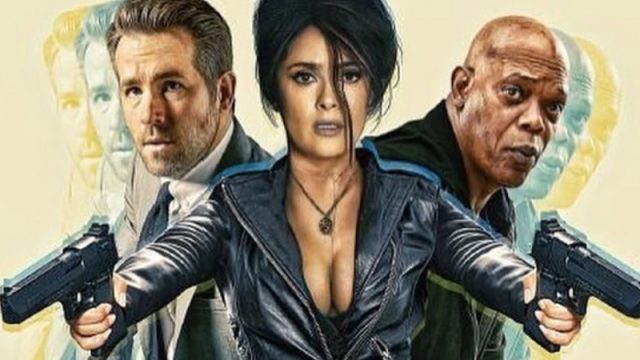
What really impressed me was just how much the sequel improves on everything that was great about the first film. The action scenes are more intense. There are better laughs. What did you really learn from shooting the first film that you were able to really able to implement?
I think because the first film was originally, it was sort of like a more straight action film. Then I came on board, and I was like, “This has got to be a comedy,” and Ryan agreed, and we sort of reworked it. Whereas this time, it’s like from the foundation up. We were like, okay, we learn a lot like in the first film, and now we get to sort of build it from the ground up, this time knowing exactly what it is and what it should be.
You really found your stride in the action-comedy genre, and your next film, The Man From Toronto, is also in that vein. What really appeals to you about blending these two different genres?
I dunno. I mean, I love action. I really do, and I love playing with big toys on set, and I love blowing things up. There’s a lot of ton of work that goes into making these stunts possible. I’m like a child on set. Like I’m like a big kid, a candy store. I love all that stuff. Also, I love comedy, and I was the class clown. I think if you combine those two aspects, that’s like action-comedy. I feel like there’s a part of me that’s kind of born to do this genre. I do really love the process of making it and also just the opportunity.
Every day I get to go and sit and hang out with so many talented people, and that’s like all the technicians and all the stunt teams … It’s just, these movies are enormous. Like often, you turn around, and there are a thousand people on set. It is sort of wrangling a beast, but when you pull it off, and you get those laughs, and you get those movie stars and what you envision comes to life, that that’s really, that gets me really excited. There’s a little bit of sense of fulfillment in that.
The first film had the throughline of Michael trying to get back together with Amelia, but the sequel kind of dropped those rom-com elements. We still have a relationship with Samuel L. Jackson, but what made you kinda go in a different direction here?
Because Michael Bryce is a suffering fool, so whatever he wants, he can’t have. So if he’s found true love, then my movie’s over. I don’t have anything. There’s no conflict. He needs to want, and whatever he wants, he’s never going to get. Because it’s the want versus need, and this goes back to mythology, but it’s like, whatever he wants is actually not the right thing that he needs. So he’s searching for what he thinks will make him happy, and what he thinks will make him happy is validation and success and a triple-A rating, and getting his career back. It’s like, really? Well, you’re still going to be an empty sack of shit inside because that’s who you are as a human being. So, it’s about the internal suffering, so that’s why I felt like you just couldn’t be., Because if we came to part two and he’s in a loving relationship with a beautiful woman that he doesn’t deserve, cause clearly she’s too good for him, then I’d be like, well, I’ve got no story to tell. Well, where do I go from there? Like, what’s your problem?
The Hitman's Wife's Bodyguard
-
The Hitman's Wife's Bodyguard
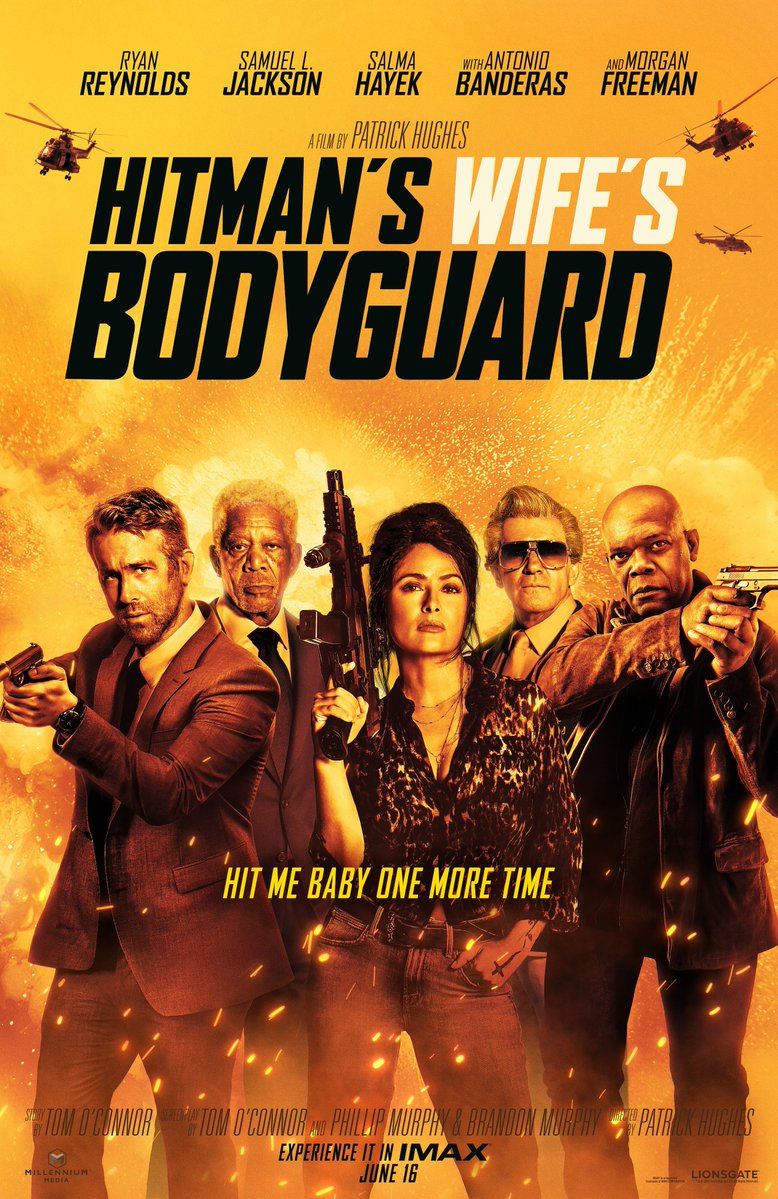
-
The Hitman's Wife's Bodyguard
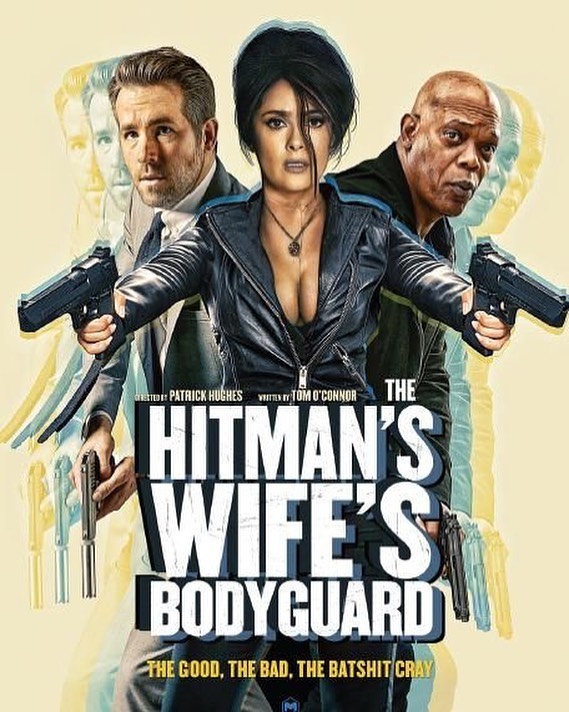
-
The Hitman's Wife's Bodyguard
